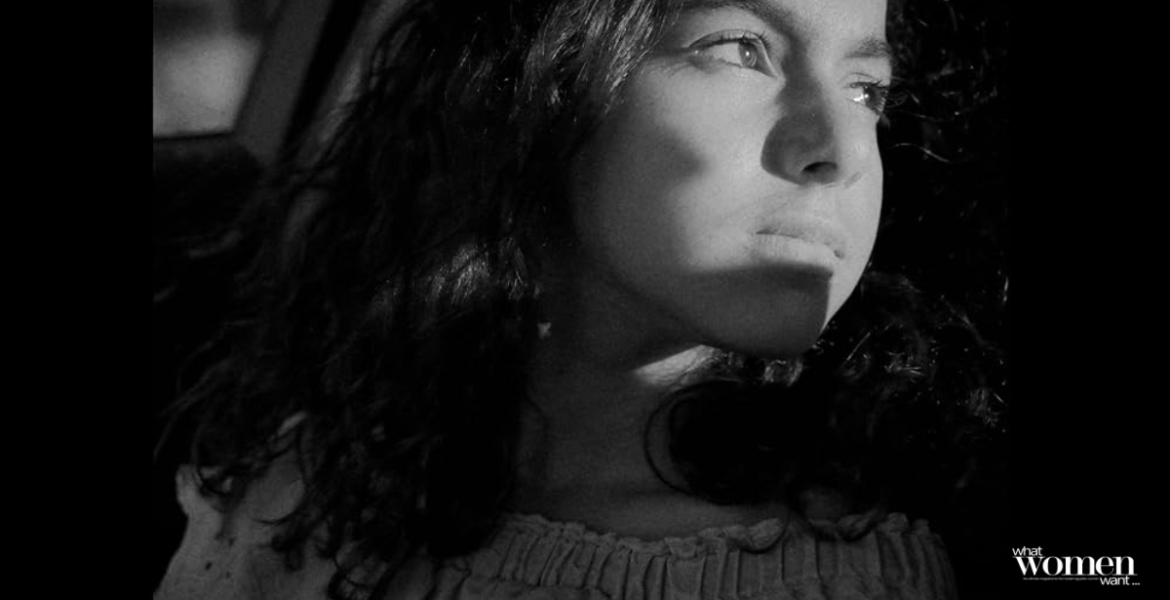The Poem We Sang is a 20-minute experimental documentary by Annie Sakkab. The film offers a deeply evocative meditation on love, longing, and the enduring scars of forced migration. It is shot in a blend of black-and-white and color. The film unravels the filmmaker’s personal journey to reconcile the trauma of displacement with the solace found in memory, creativity, and familial bonds.
A Family’s Displacement, a Nation’s Grief
At the heart of the narrative is an audio recording from Annie’s uncle, Elias. He recounts how their family fled Jerusalem’s Al Baq’a neighbourhood in 1948 amid bombings. They believed the displacement would last a mere week. Decades later, after the Six-Day War in 1967, Annie’s grandmother returned to find their family home occupied by settlers, a moment that left her in inconsolable tears. Elias’s voice anchors the film, weaving personal and collective history into a tapestry of longing and resilience.
The film’s visual language is nothing short of breathtaking. With inspired editing, The Poem We Sang alternates between archival footage, and expressive stylistic effects. Children’s drawings, fragmented memories, and poetic imagery collide to create a kaleidoscope of emotions. The juxtaposition of innocence and destruction is striking. Streets of Bethlehem shift from a child’s perspective of wonder to stark depictions of war and ruin. A school transforms into rubble; the vibrant colours of childhood blur into monochrome images of loss.
The Guiding Thread
Central to the film is a poem—a legacy from Khalil Al-Sakakini—that serves as the film’s emotional and narrative anchor. As the poem unfolds, it becomes a balm for grief and a testament to the resilience of a displaced people. The poem’s emergence near the film’s climax is profoundly moving, blending sorrow, pride, and hope into a moment of catharsis. In the darkest moments, the poem serves as a light, a reminder that even amidst destruction, creativity and memory endure.
The non-linear structure adds depth to the film’s introspective tone. Memories unfurl in fragments, reflecting the way trauma and nostalgia often resurface—out of order, incomplete, yet profoundly impactful. Sakkab rewinds time, exploring the personal alongside the political, intertwining her own history with that of her family and the broader Palestinian diaspora.
Yearning For Home
The Poem We Sang is a deeply personal reflection and a universal narrative about exile and the yearning for home. Its 20-minute runtime, offering viewers an intimate look at the pain of displacement and the healing power of art and memory. The film is both a lament and a celebration. It proves that even in the face of immense loss, there is always a poem to sing—a way to bear witness and to heal.
Films like The Poem We Sang play a crucial role in keeping Palestine on the map, both literally and metaphorically. By documenting personal and collective stories of displacement, they act as living archives, preserving the history, culture, and resilience of a people for future generations. These narratives not only bear witness to the struggles Palestinians have endured but also celebrate their art, creativity, perseverance, and strength. They remind the world that Palestinians are not defined solely by their hardships but by their enduring spirit and strength.
The Poem We Sang resonates long after the screen goes dark. It leaves viewers with a profound sense of empathy and a renewed appreciation for the resilience of the human spirit.

